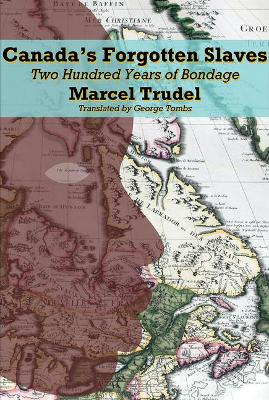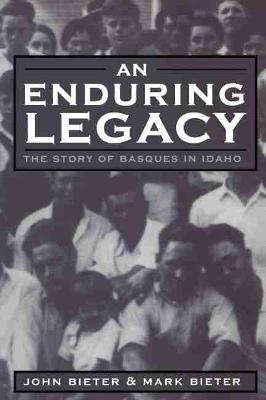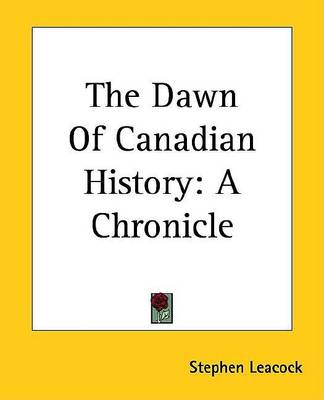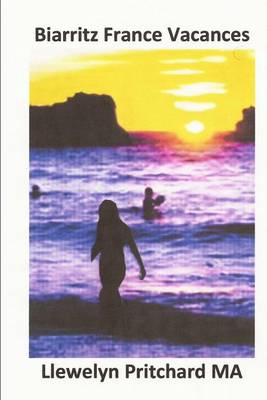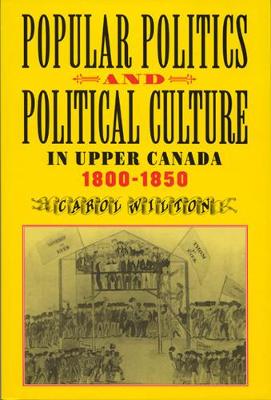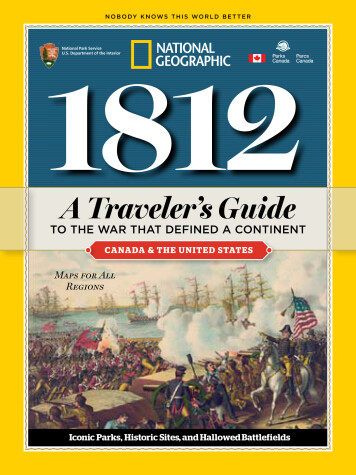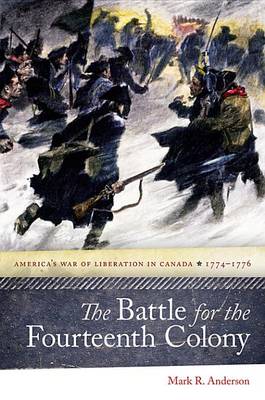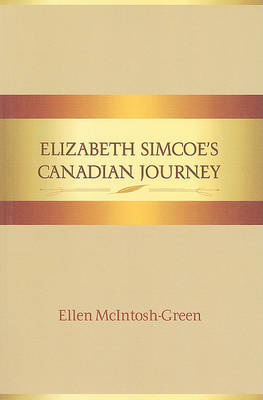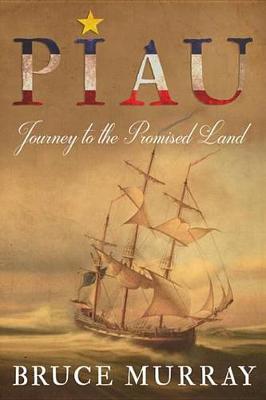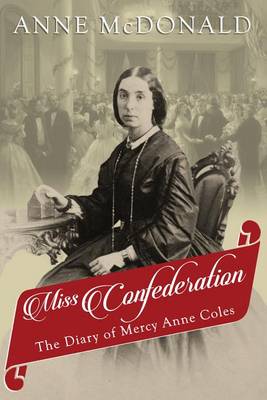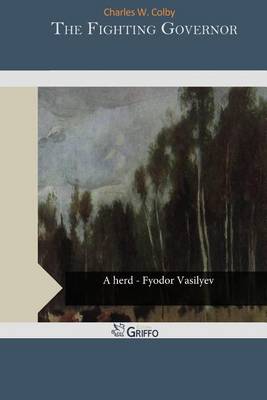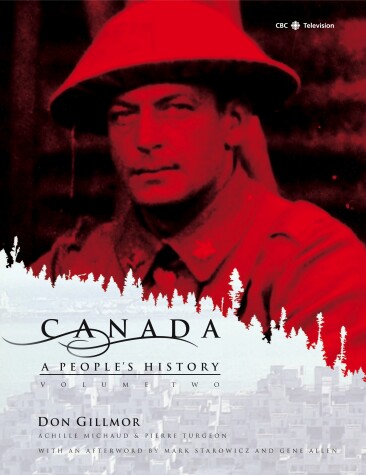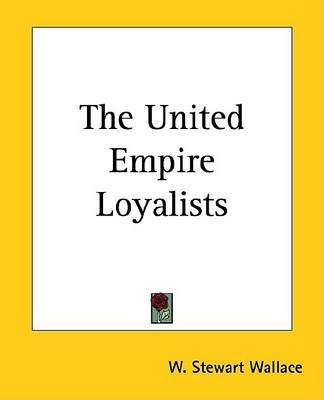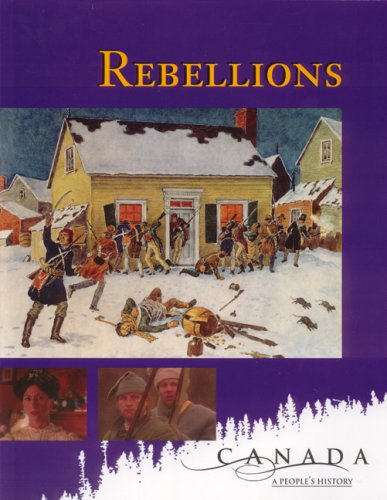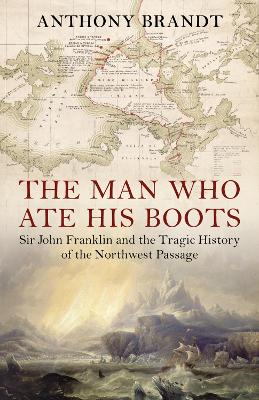In this volume, brothers Mark and John Bieter chronicle three generations of Basque presence in Idaho from 1890 to the present, resulting in an engaging story that begins with a few solitary sheepherders and follows their evolution into the prominent ethnic community of today.
This vivid account of the crucial role played by the French in the Western Hemisphere chronicles the rise and fall of the French empire on the mainland of North America and the West Indies, from the arrival of the Breton, Norman and Basque fishermen on the Grand Banks around 1500 to the sale of Louisiana to the United States in 1803. Professor Eccles depicts the establishment of Baroque civilization and the attempt of the establishment of industries and commerce from the slave plantations of the...
Popular Politics and Political Culture in Upper Canada, 1800-1850
by Carol Wilton
Wilton demonstrates that by the 1830s the political energies of Upper Canadians were far more likely to be channelled through petitioning movements than election campaigns. Petitioning movements, which were connected not only with public meetings but with demonstrations and parades, were also increasingly associated with political violence. The resulting assaults, riots, and effigy-burnings - prominent features of Tory governance - not only contributed to the striking political polarization of t...
This guide is published in partnership with the U.S. National Park Service and Parks Canada, and is ideal for travelers who love history. Relive the epic battles of the War of 1812, from Fort McHenry - where Francis Scott Key was inspired to pen "The Star Spangled Banner" - to Tippecanoe, Queenston Heights, Horseshoe Bend, and Chalmette. This lushly illustrated, handy guidebook - the only one that contains both U.S. and Canadian sites - is the official U.S. National Park Service and Parks Canada...
A glimpse into the life of Acadian folk hero Pierre Belliveau, known as Piau, who led his people into exile during the 1755 expulsion of the Acadians. Acadian leader Pierre Belliveau, known as Piau, led hundreds of Acadians into the wilderness to escape the Acadian Expulsion. He vowed to lead them to the Promised Land, where they could live without fear of deportation. Over the years he became a prisoner of war, was deported to Boston, and built a castle before finally leading his people to M...
History without the stiffness and polish time creates. Canada's journey to Confederation kicked off with a bang - or rather, a circus, a civil war (the American one), a small fortune's worth of champagne, and a lot of making love - in the old-fashioned sense. Miss Confederation offers a rare look back, through a woman's eyes, at the men and events at the centre of this pivotal time in Canada's history. Mercy Anne Coles, the daughter of PEI delegate George Coles, kept a diary of the social...
Canada: A People's History Volume 2 (Canada: A People's History, #2)
by Don Gillmor
The top non-fiction bestseller of fall 2000 was the authoritative and beautiful Canada: A People’s History, Volume One. For fall 2001, M&S is proud to present the equally stunning and comprehensive second volume of this landmark work. This fall, on consecutive Sunday evenings starting on September 30, the CBC will broadcast eight new episodes from its spectacular – and spectacularly successful – series Canada: A People’s History. Volume Two opens with the rebellion over property and language r...
In Mixed Company explores taverns as colonial public space and how men and women of diverse backgrounds - Native and newcomer, privileged and labouring, white and non-white - negotiated a place for themselves within them. The stories that emerge unsettle comfortable certainties about who belonged where in colonial society. Colonial taverns were places where labourers enjoyed libations with wealthy Aboriginal traders like Captain Thomas, who also treated a Scotsman to a small bowl of punch; where...
Dozens of missions set out for the Arctic during the first half of the nineteenth century; all ended in failure and many in disaster, as men found themselves starving to death in the freezing wilderness, sometimes with nothing left to eat but their companions' remains. Anthony Brandt traces the complete history of this noble and foolhardy obsession, which originated during the sixteenth century, bringing vividly to life this record of courage and incompetence, privation and endurance, heroics an...
